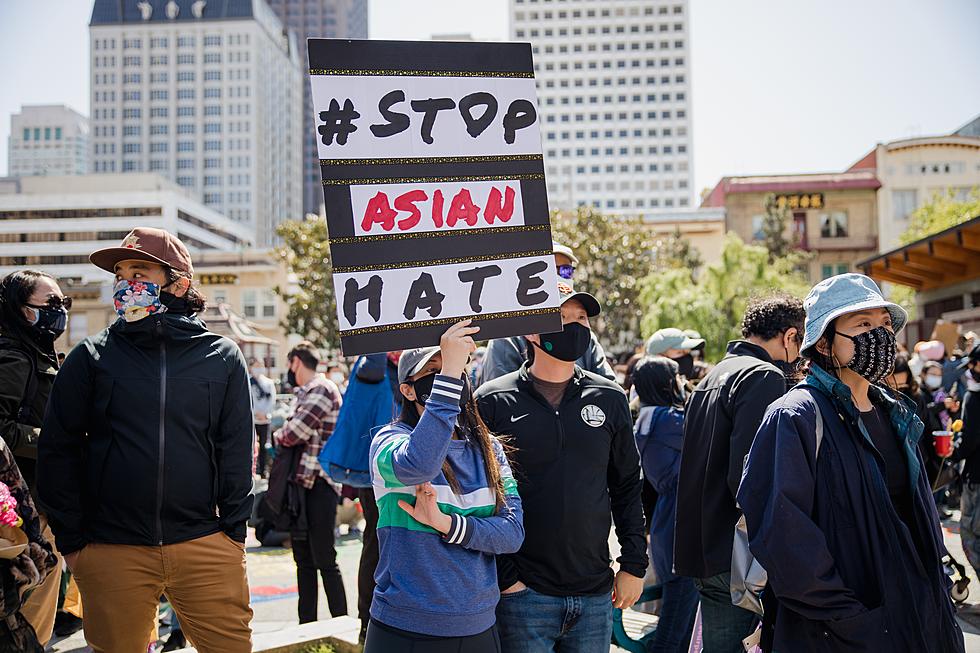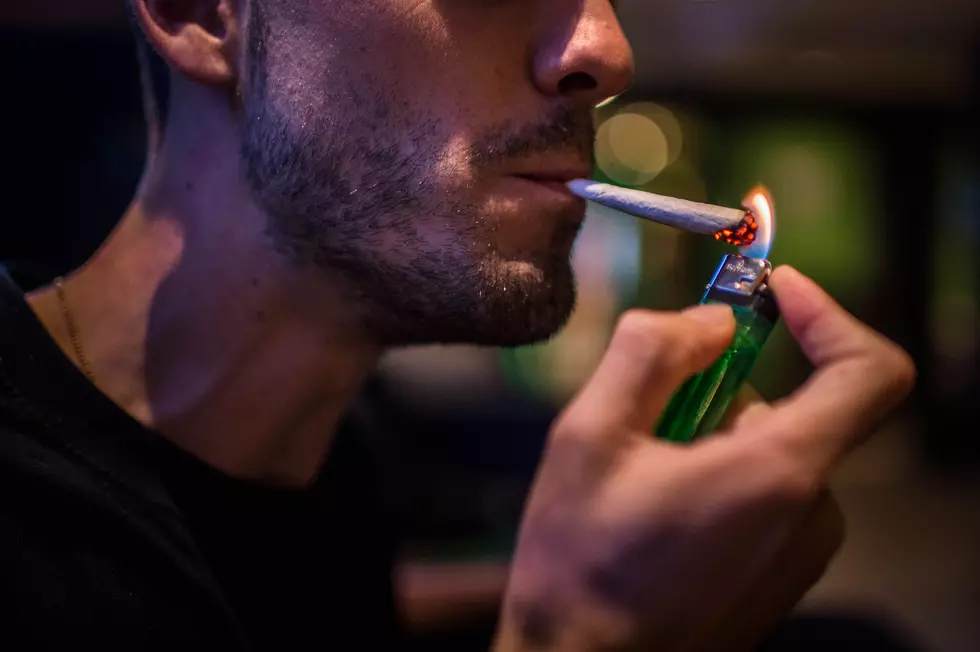
Bias incidents in New Jersey jumped 45% in 2020, state says
TRENTON – Reported bias incidents rose 45% in New Jersey last year, according to preliminary figures released Tuesday.
The data was presented during a roundtable discussion on anti-Asian bias held in the wake of last week’s shooting rampage in Georgia in which eight people were killed, including six Asian women.

There were a record 1,441 reported incidents last year. Black people were the most frequent target, in 682 incidents, accounting for 47% and up 84% from a year earlier. The next most common incidents were anti-Jewish, accounting for 21 – but down 14% from the total reported in 2019.
The Office of the Attorney General and the State Police said bias incidents targeting Asians or Pacific Islanders increased 82% – to 71 in 2020, compared to 39 in 2019 – and are up four-fold from the 16 reported in 2018.
“Sadly, this increase, as shameful and repulsive as it is, is not surprising. We have seen the warning signs,” Gov. Phil Murphy said.
“Obviously we saw what happened in Georgia last week, but over the past year we know that our Asian-American communities have been singled out,” he said. “They have been jeered and cursed at in our streets. They’ve been assaulted.”
Attorney General Gurbir Grewal said the incidents aimed at Asian-Americans included people spit on, yelled at and told to go back to their country, as well as students shunning fellow students because “they believe this false narrative that they were responsible for the coronavirus.”
“It’s not just an Asian-American problem. We saw huge increases in bias offenses against Black Americans and the Latinx community and the LGBTQ+ community,” Grewal said. “It’s a hate problem we have in this country, and it’s manifesting in this state.”
Scott Richman, the New York/New Jersey regional director for the Anti-Defamation League, said the growth of reports of white supremacist literature are further evidence of that problem, with the number of reported incidents up from 12 in 2017 to 332 last year, concentrated in Central Jersey.
“There are a few states, a few outlier states where that propaganda has increased so exponentially that it’s very, very worrisome, and unfortunately New Jersey is one of those states,” Richman said.
“We need to take extremists and say to them, ‘You belong at the margins of society,’” he said. “They’ve moved closer to the center, and that’s because they’ve been allowed to. We each need to play our part in pushing them back to the extremes.”
Jun Choi, co-founder of Jersey Promise and a former Edison mayor, said Asian-Americans have long felt invisible, ignored, minimized and scapegoated – but that they’re finally become more active and vocal.
“I think it’s time,” Choi said. “You know what, I think the dam has finally burst. I think so many of my Asian-American friends are speaking out now in a way that I’ve never seen before.”
Samantha Bobila of Action Together New Jersey said the bias incidents have been going on since she was young.
“I hate that this is still happening, but we need to call it what it is, right? This isn’t discrimination. This isn’t bias. This isn’t harassment. This is racism,” Bobila said. “This is racism in different forms, and it happens to all of us.”
Mary Pan said the recent media attention on anti-Asian incidents, in the wake of the Atlanta-area killings, is welcome but overdue. She said the incidents aren’t new but have increased in recent years and become more violent in the past year.
“For us, to listen to what the former president had to say, using all those racist remarks about how it’s the ‘China virus’ or the ‘kung flu,’ we know that that is not – that’s racist,” Pan said. “And for that to happen and for his supporters to come out and stand there and hold these rallies, it’s a threat to us. And we don’t feel comfortable passing through certain areas knowing that they are welcome there.”
U.S. Rep. Andy Kim, D-N.J. 3rd District, said he’s still “struggling to process” the rise in anti-Asian bias over the past year – and warned it’s likely to get worse.
“I don’t want us to think that this is just tied to that, that it’s just about ‘kung flu’ and things like that,” Kim said. “This is not going to go away as this pandemic decreases. In fact, it may increase as our tensions as a nation with China are going to be escalating for decades to come, how can we make sure that the xenophobia does not increase?”

Grewal said the state plans to begin releasing bias incident data monthly, starting in April.
“We could focus our attention if we see a hotspot in a particular community, we could focus our attention there in a particular county, particular community that’s being targeted,” he said. “It allows us to be more nimble in our response and quicker in our response, and that’s what this moment requires of us.”
SHOCKING: Jersey Shore's Most Heinous Animal Crimes
More From Beach Radio










